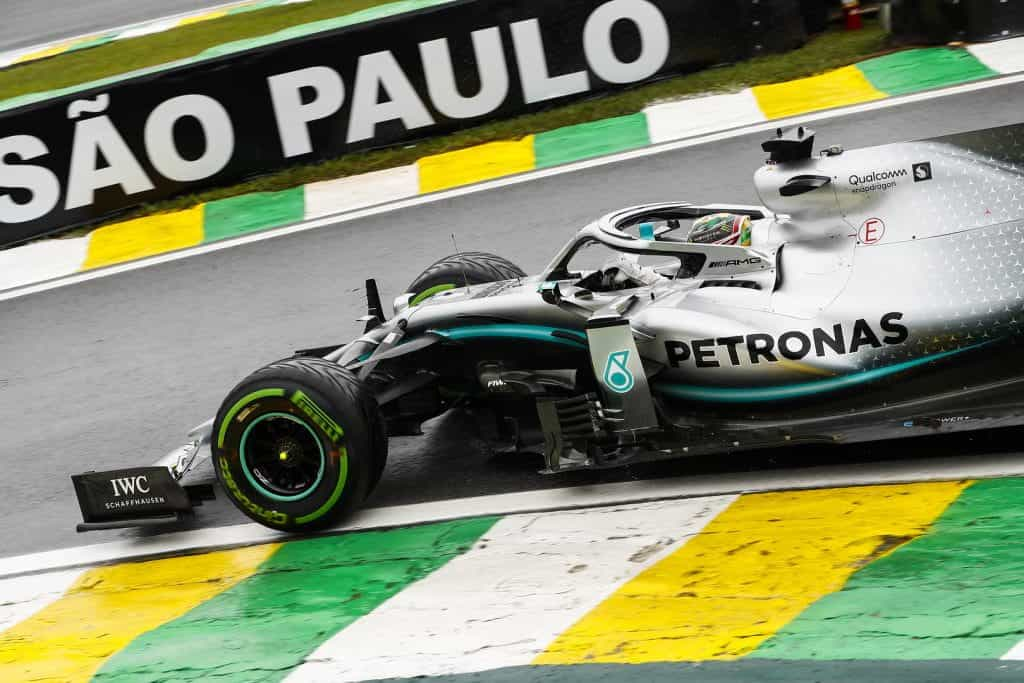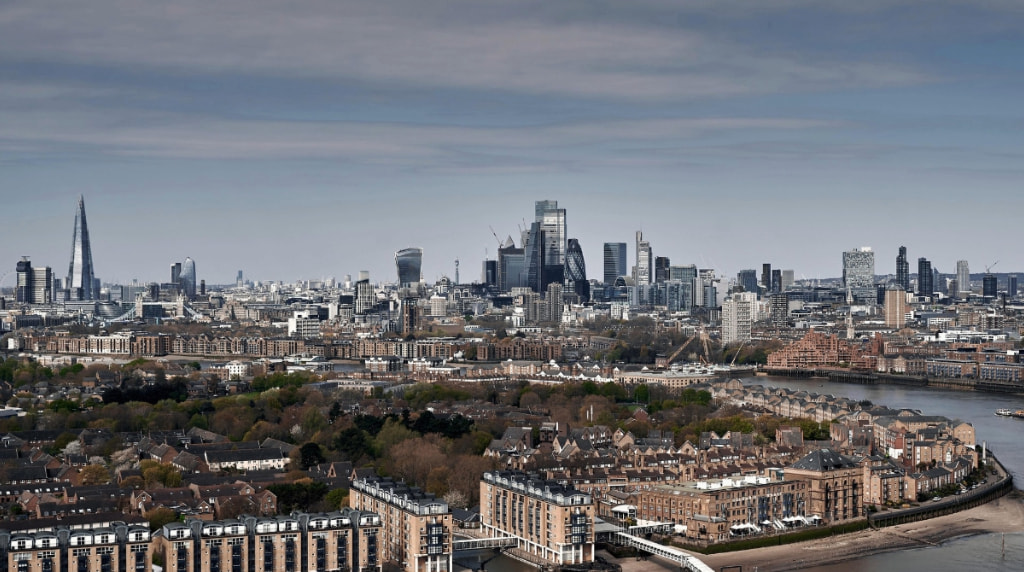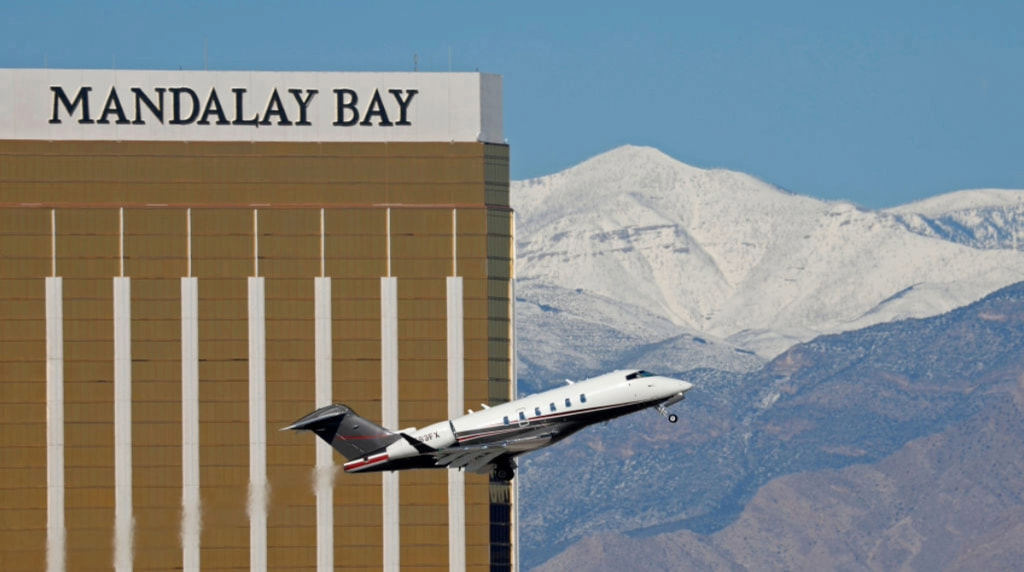Max Is Unopposable in Brazilian Grand Prix but Bottas Can Sprint
This week the Formula 1 circus has made the quick hop from Mexico to São Paulo, Brazil. The problem is, what most European’s perceive to be a short journey, is a 7,400 kilometers trip and a ten-hour flight. For races just a week apart, this represents a big logistical nightmare.

Lewis Hamilton won the Brazilian Grand Prix in 2016 and 2018 but Max Verstappen is likely to prove too strong this weekend. ©Mercedes/LAT Images
From a racing viewpoint, the Autódromo José Carlos Pace offers little in excitement. A dated and very short circuit – featuring a 4.3-kilometer lap – it has a single long flat-out section of 1,220 meters. Consequently, there is no real prospect of an inferior car holding a faster rival at bay for more than a single lap. The bulk of overtaking is made on this section of tarmac.
Brake-wear is low as is tire-wear. Reliability issues are very rare in modern-day Formula 1. The 1.6-liter turbocharged V6 engines that were introduced eight years ago rarely fail. At this venue, it has been 13 years since a car that started other than first or second won the race. In short, this could be a monotonous contest.
What Can Stop Max Verstappen?
But we can hang on to one hope – rain. Nothing is more conducive to an exciting race. The heavens often unexpectedly open here. In 2016 Max Verstappen’s drive in desperately wet conditions was described as ‘the greatest spectacle of 2016’ by the Guardian.
Journalist Paul Weaver ranked it alongside: “the best we have seen from Ayrton Senna and Michael Schumacher.” Therein lay the problem. On Sunday, Max Verstappen will line up on the grid with what has clearly developed into the fastest car. He is sublime on a wet track and that means he is impossible to oppose.
Now enjoying a 19-point lead in the World Drivers’ Championship standings, Verstappen is 1/4 to take his first title in 2021 and 8/13 to win Sunday’s race. The Dutchman is seeking his tenth race victory in his 19th outing of the year. Lewis Hamilton, his principal rival, has won five times.
F1 Sprint Race Can Shuffle the Starting Pack
Thankfully there are plenty of betting opportunities this weekend. More than usual as the Brazilian Grand Prix is the third and final race of the season to feature an F1 Sprint race.
Newly introduced F1 Sprint races are Saturday contests run over 100 kilometers that lasting around 25-30 minutes. They are designed to provide a short and fast-paced racing spectacle – similar to Twenty20 cricket matches – and are used to determine the grid positions for Sunday’s traditional full-distance race.
Should a car become involved in an accident during an F1 Sprint race, they will start the main race from the back of the grid. Suffice to say that is a scenario neither Max Verstappen nor Lewis Hamilton will want to be part of.
Can a Number Two Start Number One?
Such is the tense competition, either championship contender will probably be very happy to finish this F1 Sprint race in second providing their teammate will lead them into the opening set of corners.
Then again, as F1 Sprints carry World Championship points – three, two and one for the first three drivers over the line – Hamilton would much prefer to qualify on pole with his teammate, Valtteri Bottas, starting in second.
There are a lot of variables to consider. Nevertheless, at 6/1 Bottas is surely over-priced to win the Saturday Sprint. The Finn started from pole position in Mexico last weekend. He also claimed pole in Turkey three races ago.
Vitally he won one of these F1 Sprints at the Italian Grand Prix in mid-September. He has taken the ‘fastest lap’ accolade here for the past two seasons and started on pole in 2017.
Unquestionably, Valtteri Bottas would love to demonstrate what a huge mistake his Mercedes team has made in dispensing with his services for 2022. Race wins, even short F1 Sprints, all go towards stating his case.
Check the Weather to Be Safe on a Safety Car Bet
Keeping a close eye on the São Paulo weather forecast and placing your wagers on the morning of the race could be a money-making tactic in the ‘safety car’ market.
Naturally, any rain would increase the chances of the safety being needed. But, on a dry track, it could very well stay parked roadside for the duration of the race.
In 2021 a safety car has been used in 11 races. Four of those deployments came after a first-lap accident. On one occasion the race started behind a safety car due to heavy rain.
Historically it has been called for seven times in 16 years here in Brazil. Rarely has that been as a result of a first-lap incident as this circuit has big run-off areas particularly at the opening left-hand corner.
The stats conspire to indicate the 6/4 on offer at William Hill about no safety car use is an over-priced proposition.
| Valtteri Bottas to win Saturday’s ‘Sprint Qualifier’ | 6/1 | BetVictor |
| No Safety Car use | 6/4 | William Hill |



